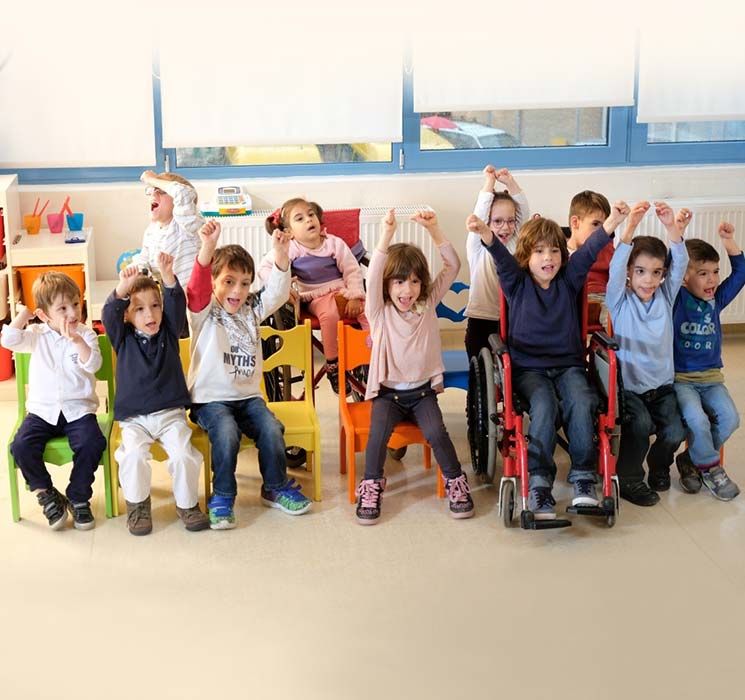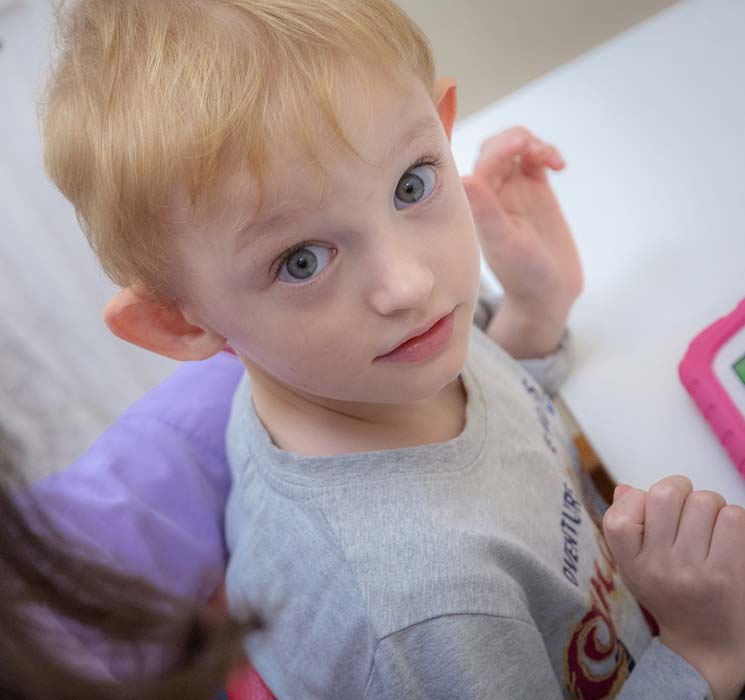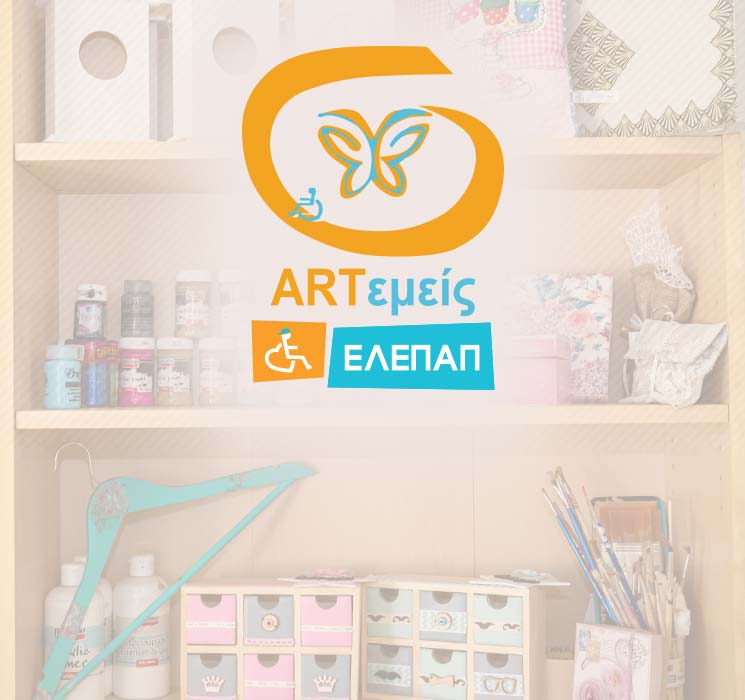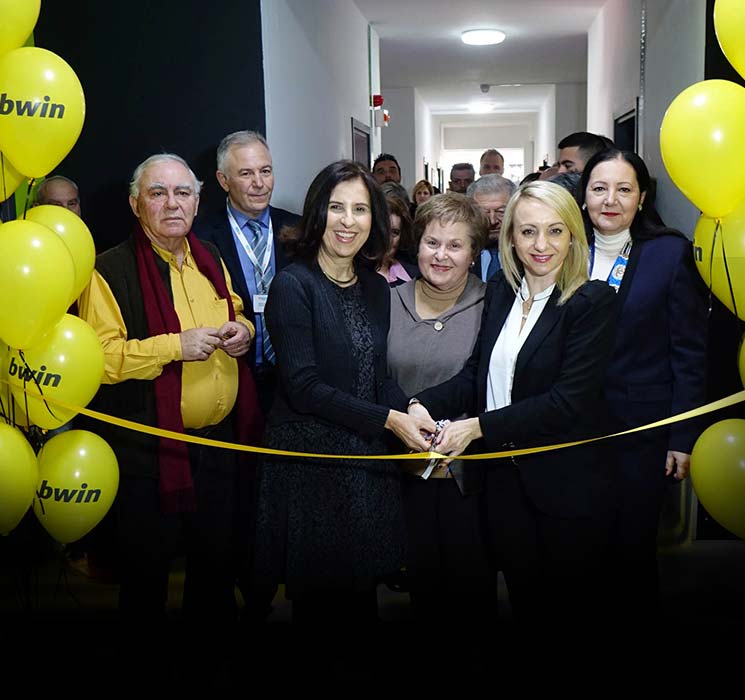Webinar: Preterm Birth and Early Multidisciplinary Assessment of Neurodevelopmental Disorders
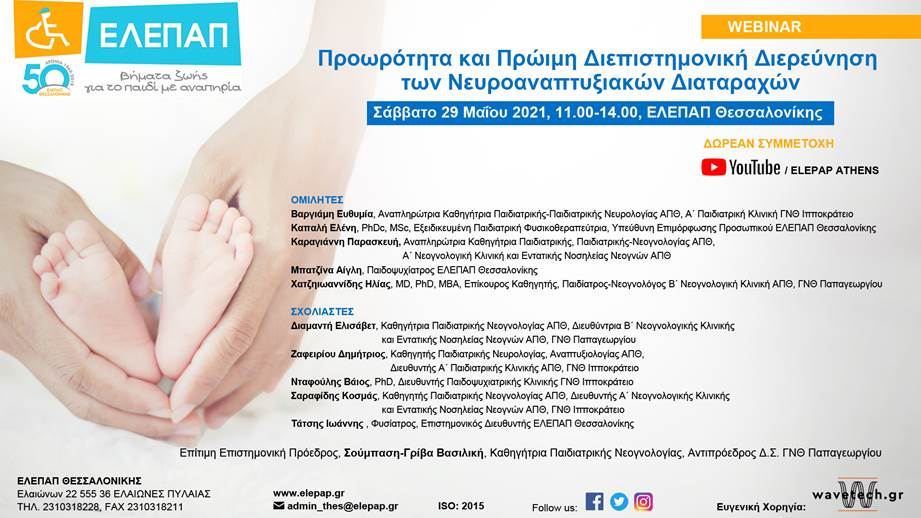
On Saturday, May 29, ELEPAP’s Thessaloniki branch organized a webinar on "Preterm Birth and Early Multidisciplinary Assessment of Neurodevelopmental Disorders" with great success. Among the most important points discussed were:
Survival rates even among very premature infants are rising in recent years as a result of the excellent prenatal care and the breakthroughs in the Neonatal Intensive Care Units (NICU). At the same time preterm births are on the rise due to the increase of multiple gestations and the higher age of childbirth.
But there is a new group of preterm infants on the rise in recent years, the "late preterm infants". As they are born "just a little" prematurely, there is a tendency to underestimate the risks by thinking that they are "practically" full-term.
The corrected and chronological age should be used in relation to the achievement of motor milestones and should not be a confusing factor when assessing their development.
The preterm population is part of the high-risk infant population and 10-15% of the infants will develop cerebral palsy, 40% mild motor deficits, coordination disorders, neurosensorial dysfunction with hearing and visual disorders, learning difficulties as well as psychiatric disorders (Attention Deficit Hyperactivity Disorder), emotional and behavioral problems, Autism Spectrum Disorder.
Continuous education of doctors, nurses and therapists, interdisciplinary cooperation, clinical observation, medical imaging, the use of assessment tools, all contribute to an early and timely diagnosis.
Systematic examination at regular intervals will allow for the early detection of possible neurological problems which can be treated through early observation and intervention.
Observation, especially of very premature babies, must continue through to the first school years in order to detect and treat any learning difficulties which tend to appear with high frequency in this population.
For the past 52 years in Northern Greece ELEPAP has been providing protection and observation to infants and rehabilitation to children and adults with sensitivity, professionalism and determination in order to help them achieve optimum quality of life.

